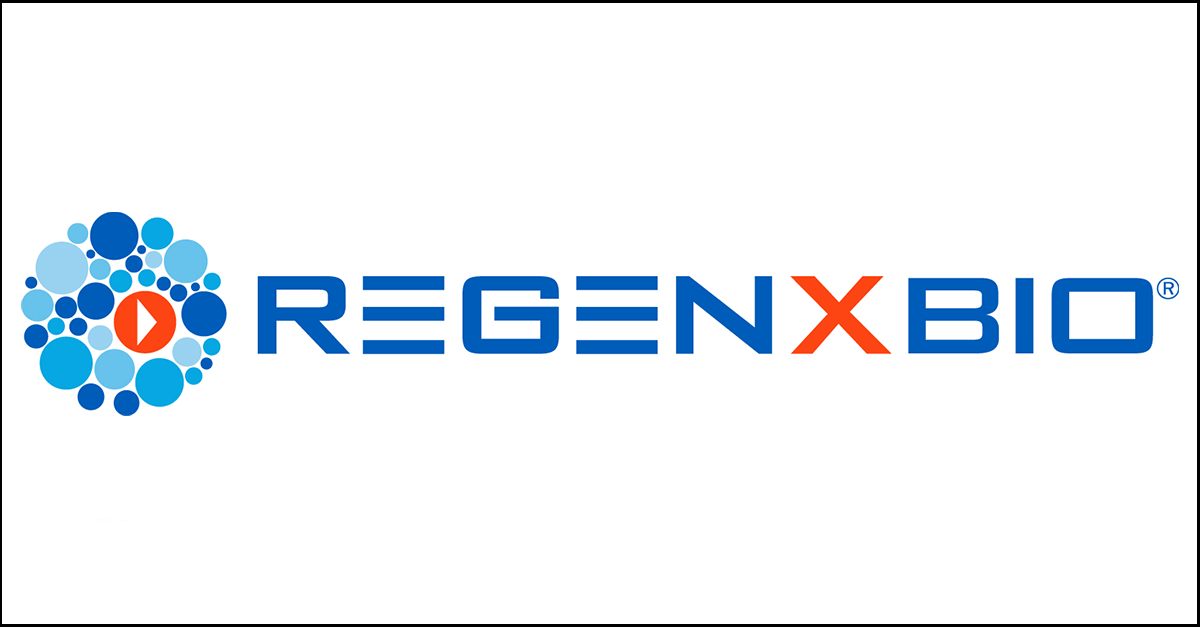
PPMD is excited to share that REGENXBIO has announced that they have received clearance from the FDA on their Investigational New Drug (IND) application for RGX-202, a micro-dystrophin gene therapy product. With this clearance REGENXBIO can move towards initiating their Phase I/II trial investigating RGX-202 in boys with Duchenne in the first half of 2022.
The trial that will evaluate this investigational gene replacement strategy is called AFFINITY DUCHENNE. REGENXBIO has shared some of the preliminary information about the clinical trial in a community letter (see below).
A few key points about the trial include:
- The age of boys enrolled in the trial is expected to be 4-11 years old.
- The trial may enroll up to 18 patients. The initial design includes a dose escalation with 3 patients in each cohort (1×1014vg/kg and 2×1014vg/kg). Following safety reviews each dose cohort may enroll an additional 6 patients.
- Inclusion criteria requires that patient’s mutations are between exon 18 and 58
- There will be an immunosuppression drug given to patients prior to receiving gene therapy to potentially reduce the risk of an immune response to the gene therapy.
- Sites are anticipated to open first in the United States, with Canada and Europe to follow.
About REGENXBIO’s gene replacement strategy
For some families this may be the first time you are hearing about gene therapy, such as the gene replacement strategy being explored by REGENXBIO. For others this may be familiar to you and your family as you are aware or have participated in the ongoing clinical trials exploring micro-dystrophin gene replacement in Duchenne. So how does this gene therapy product differ from other investigational micro-dystrophin gene therapy replacement strategies that are currently being evaluated in clinical trials? We can look at the three main components of gene therapy to compare.
- The Vector
The vector is the vehicle that allows the genetic cargo to be transported to the cells in the body. To date in Duchenne the vector used has been a small virus known as Adeno Associated Virus or AAV. There are different serotypes or versions of AAV that exist, which all have their own preference for targeting specific tissues in the body. The vector being used for RGX-202 is an AAV8 vector. This will be the first investigational product in Duchenne to use AAV8, other gene therapy investigational products are currently using AAV9 or AAVrh74 - The Transgene
The transgene is the genetic material that is being used to provide the instructions to the cells to produce a protein, in this case a replacement for missing dystrophin protein. The transgene in RGX-202 provides genetic instructions to produce a micro-dystrophin. Because AAV is too small to contain the entire genetic instructions to produce full-length dystrophin researchers create a shortened transgene that contains important pieces of the dystrophin gene to produce a functional micro-dystrophin that we hope can provide benefit to the muscle cells. - The Promoter
The promoter is what controls where in the body, which tissues, the protein is produced. Effectively it acts as the on/off switch. The vector (AAV8) has a preference for delivering the transgene to muscle cells, but some other tissues will also receive the transgene. The promoter used in RGX-202 is Spc5-12, a muscle-specific promoter. This means that the only tissue where the micro-dystrophin transgene should produce a micro-dystrophin protein is in the muscle cells of the body.
Read REGENXBIO’s Community Letter:
Dear members of the Duchenne community,
We are excited to share with you an important update about RGX-202, our investigational gene therapy for the treatment of Duchenne Muscular Dystrophy (Duchenne).
We have received clearance from the U.S. Food and Drug Administration (FDA) on our Investigational New Drug (IND) application for RGX-202. This means that we can move forward with initiation of our first clinical trial in boys with Duchenne where preparations are well underway. We expect this Phase I/II trial, named AFFINITY DUCHENNE™, to initiate in the first half of 2022 in the United States.
RGX-202 is designed to deliver a transgene for a novel microdystrophin that includes the functional elements of the C-Terminal (CT) domain found in naturally occurring dystrophin. RGX-202 uses REGENXBIO’s proprietary NAV® AAV8 vector. We believe that once the AAV8 vector delivers the microdystrophin transgene to muscle cells, the cells could produce the microdystrophin protein, protecting the cells from damage and, ultimately, preserving muscle function in boys with Duchenne.
Olivier Danos, Ph.D., Chief Scientific Officer at REGENXBIO, shares “I have worked in gene therapy research for decades, with many years dedicated to Duchenne research and I am thrilled that we are starting the AFFINITY DUCHENNE trial to study RGX-202, an innovative AAV investigational gene therapy, in boys with Duchenne.”
About the AFFINITY DUCHENNE Clinical Trial:
- This Phase I/II trial is a multicenter, open-label dose escalation and dose expansion clinical study designed to evaluate the safety and tolerability and clinical efficacy of a one-time intravenous dose of RGX-202.
- Two doses of RGX-202 will be studied. In the dose escalation phase of the trial, three patients are expected to be enrolled in each dose level (cohort). After an independent safety data review for each cohort, a dose expansion phase of the trial may allow for up to six additional patients to be enrolled at each dose level, for a total of up to nine patients in each dose cohort.
- We expect this trial to enroll boys ages 4 to 11 years with Duchenne who meet other study-specific entry criteria including ambulatory function and DMD gene mutation status.
- The design of the trial includes thorough safety measures, including:
- A comprehensive, short-term, prophylactic immunosuppression regimen, to proactively mitigate the potential of an immune response.
- Inclusion based on specific dystrophin gene mutation status (DMD gene mutations between exons 18 and 58)
- Clinical monitoring for safety following administration of RGX-202
- Additional clinical assessments will be performed to evaluate the efficacy of RGX-202 including measuring RGX-202 microdystrophin protein expression levels in muscles and muscle strength and function tests, including the North Star Ambulatory Assessment.
- Initial sites are expected to open in the United States, with additional sites in Canada and Europe expected to follow.
To learn more about the AFFINITY DUCHENNE trial and RGX-202, see our latest press release and visit our website. Additional clinical trial details will be available on clinicaltrials.gov in the future.
Sign up to receive updates on our RGX-202 gene therapy program for Duchenne by visiting our website (https://regenxbio.com/email-alerts.) If you have questions, you may email us any time at Duchenne@regenxbio.com.
We look forward to continuing to engage with the Duchenne community to help guide our work and sharing further updates with you.
Wishing you and your families a happy New Year.
Warm regards,
The REGENXBIO Duchenne team



 by: Parent Project Muscular Dystrophy
by: Parent Project Muscular Dystrophy

